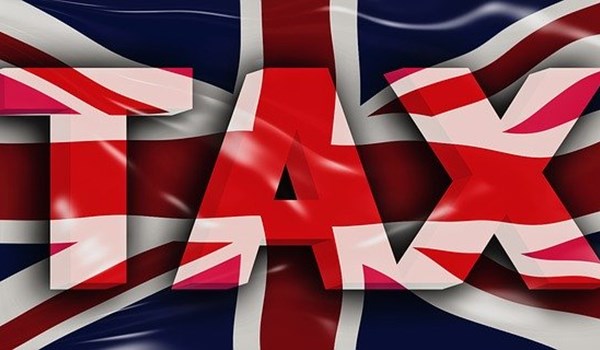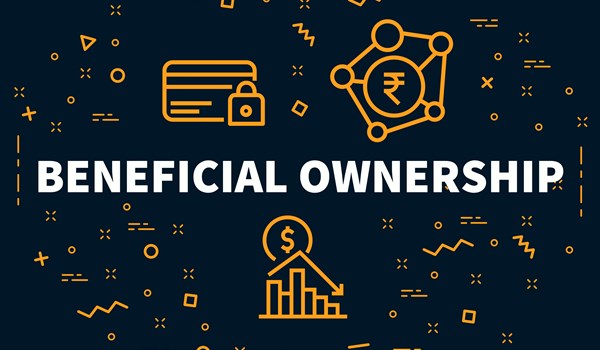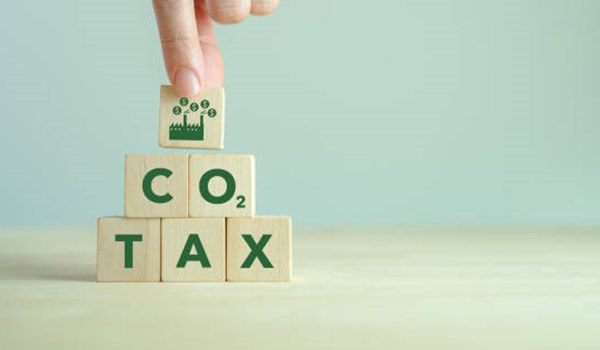The European Commission is set to exempt most of the companies covered under the European Union’s carbon border tax on the grounds that they produce only 1% of emissions in the scheme, reported Reuters.
The move, due to be proposed this week as a part of the EU’s drive to simplify rules for businesses, would significantly reduce the 200,000 importers covered by the EU’s carbon border fee—the world’s first such levy, according to Reuters.
EU Climate Commissioner Wopke Hoekstra told Reuters on February 6 that, according to Commission’s analysis, 97% of the emissions covered by the carbon border tariff are produced by 20% of the companies under the scheme. Most of the exempt importers would be small and medium-sized companies or individual consumers.
According to Reuters, a draft of the Commision’s proposal outlined plans to change the carbon border levy, called CBAM, so that it applies only to companies importing goods with a mass-based threshold of 50 metric tonnes per year.
Impact on Climate Goals
As these changes raise concerns about the EU’s climate goals, key officials have emphasised that the overarching targets remain intact. European Commission President Ursula von der Leyen clarified on January 29 that this would not mean weakening its targets to cut net greenhouse gas emissions by 55% by 2030 and zero them out by 2050.
“We stay the course. The goals are cast in stone,” she told a news conference as per a Reuters report. “The goals stay, the objective stays, but we want to reach it better and faster. And for that, we have to reduce complexity,” she added.
This vision for simplifying regulatory process aligns with broader strategies like the ‘Competitiveness Compass’ aimed at accelerating green investment and ensuring low-carbon industrial growth.
Leyen further added that through implementing such moves, the Commission aims to boost EU competitiveness, the first of a series of EU policies to support industries, as it aims to present a counter-offer to US President Donald Trump’s promise to scrap regulation.



